Cannabis is a highly complex plant, with hundreds of compounds that interact with our bodies in various ways. Among the most well-known compounds are tetrahydrocannabinol (THC) and cannabidiol (CBD), two cannabinoids that have gained significant attention in recent years due to their therapeutic effects and the rising trend of cannabis use worldwide. Despite their shared origin in the cannabis plant, THC and CBD differ significantly in their chemical composition, effects on the body, legality, and potential health benefits. Understanding these differences is essential for choosing the right product based on your needs and preferences.
What is THC?
Tetrahydrocannabinol, or THC, is the primary psychoactive compound in cannabis. It is responsible for the “high” that people experience when they consume marijuana, whether through smoking, vaping, or ingesting edibles. THC works by binding to cannabinoid receptors in the brain, particularly the CB1 receptors, which are part of the body’s endocannabinoid system (ECS). The ECS plays a crucial role in regulating various physiological processes, including mood, pain sensation, appetite, and memory.
When THC interacts with the CB1 receptors, it produces a range of effects, including euphoria, altered perception of time, heightened sensory experiences, and in some cases, increased anxiety or paranoia. The intensity of these effects can vary depending on the strain, dosage, and the individual’s tolerance to THC.
What is CBD?
Cannabidiol (CBD) is another well-known cannabinoid found in cannabis. Unlike THC, CBD is non-psychoactive, meaning it does not produce the “high” typically associated with marijuana. Instead, CBD is widely recognized for its potential therapeutic benefits, including its ability to promote relaxation, reduce anxiety, alleviate pain, and improve sleep quality.
CBD works by interacting with the body’s endocannabinoid system, but it has a different effect than THC. It binds primarily to CB2 receptors, which are located throughout the body, especially in the immune system. This interaction helps modulate inflammation, pain, and immune responses. Additionally, CBD has been shown to influence serotonin receptors in the brain, which play a role in mood regulation and anxiety.
Unlike THC, CBD does not produce intoxicating effects, making it a popular choice for people seeking therapeutic relief without the psychoactive experience associated with THC. This makes CBD products more widely available and legally accessible in many regions, especially when derived from hemp plants that contain less than 0.3% THC.
THC vs. CBD: Key Differences
- Psychoactive Effects:
- THC is psychoactive, meaning it alters your state of mind and produces a high. It is the compound responsible for the feeling of being “stoned” or “intoxicated.”
- CBD, on the other hand, is non-psychoactive, meaning it does not produce any intoxicating effects. It is commonly used for relaxation, pain relief, and anxiety management without the risk of getting high.
- Medical Uses:
- THC is used primarily for its psychoactive effects but also has potential therapeutic uses such as pain relief, appetite stimulation, and the reduction of nausea (especially in cancer patients undergoing chemotherapy).
- CBD is most commonly used for its potential health benefits without the high. It has been shown to help with anxiety, depression, chronic pain, sleep disorders, and even conditions like epilepsy. Epidiolex, an FDA-approved CBD-based drug, is used to treat certain types of seizures.
- Legality:
- THC is illegal in many countries and U.S. states, except where cannabis has been legalized for medical or recreational use. In regions where it is illegal, THC-based products are often banned.
- CBD has gained broader legal acceptance worldwide, particularly when derived from hemp plants. In the U.S., CBD products containing less than 0.3% THC are federally legal, although state laws may vary.
- Side Effects:
- THC can cause a range of side effects, including dry mouth, red eyes, increased heart rate, memory impairment, and in some cases, anxiety or paranoia.
- CBD is generally well-tolerated and has minimal side effects. Some individuals may experience mild side effects such as drowsiness, changes in appetite, or digestive issues, but these are typically less severe than those associated with THC.
- Drug Testing:
- THC is commonly tested for in drug screenings, and consuming THC products can result in a positive test, especially if consumed in larger quantities or over an extended period.
- CBD is less likely to cause a positive drug test, especially when it contains no THC. However, some full-spectrum CBD products may contain trace amounts of THC, which could potentially show up on a test, although this is rare.
Choosing the Right Product: THC vs. CBD
When deciding between THC and CBD products, several factors should influence your choice, including the desired effects, medical needs, and personal preferences. Below are some considerations to help guide your decision:
1. Desired Effect
- For recreational use or mood enhancement: If you’re looking for the euphoric “high” or a sense of relaxation that alters your state of mind, THC is the ideal choice. Many people enjoy the psychoactive effects of THC for relaxation, creativity, or social experiences.
- For therapeutic use without intoxication: If you want to benefit from cannabis without the high, CBD is your go-to option. Whether you’re dealing with anxiety, chronic pain, or sleep issues, CBD offers a non-intoxicating alternative for therapeutic relief.
2. Pain Management
- THC has been found to provide effective pain relief, especially for conditions involving nerve pain or inflammation. It may also stimulate appetite, making it beneficial for people undergoing treatments like chemotherapy.
- CBD can also reduce pain and inflammation, particularly in conditions like arthritis or muscle soreness. It may be more suitable for those who want pain relief without the psychoactive effects of THC.
3. Anxiety and Stress Relief
- THC may work well for some individuals looking for short-term anxiety relief, though it can exacerbate anxiety in others. If you’re prone to paranoia or anxiety, you may want to avoid high-THC products or opt for low-dose options.
- CBD is widely known for its calming effects, helping to reduce anxiety and promote a sense of well-being. Many people with anxiety disorders prefer CBD products for their ability to reduce stress without causing a high.
4. Legal Considerations
- THC is not legal everywhere, so you should always check the laws in your area before purchasing THC products. In many places where marijuana is legal, THC-based products are widely available for both medical and recreational use.
- CBD, especially when derived from hemp, is legal in many parts of the world, but you should still verify local laws regarding its use and sale.
5. Method of Consumption
- THC is available in various forms, including edibles, tinctures, vapes, and topicals. The method of consumption can affect the intensity and duration of its effects.
- CBD is also available in numerous forms, including oils, capsules, edibles, and creams. The right method of consumption depends on the condition you are treating. For example, CBD oil may be effective for quick relief, while capsules provide longer-lasting effects.
Final Thoughts
Both THC and CBD have unique properties and potential benefits, and choosing the right product ultimately depends on your personal needs and preferences. THC is ideal for those looking for recreational experiences or more potent pain relief, while CBD is better suited for individuals who want therapeutic benefits without the psychoactive effects. As cannabis legalization continues to evolve, the availability and accessibility of both THC and CBD products will likely increase, allowing consumers more freedom to choose based on their preferences and health goals. Always consult with a healthcare professional before trying cannabis-based products, especially if you have underlying medical conditions or are taking medications.
As someone who enjoys exploring new THC products, I was pretty excited to try out a few offerings from Just Delta. After giving them a go, I’ve put together this review to share my thoughts on the experience with each one. Let’s dive in!
Haze Pre-Roll Blueberry Muffin

Purchase link: Blueberry Muffin Pre-Roll
First up, the Blueberry Muffin pre-roll. The name definitely caught my attention because who doesn’t love the idea of a sweet, fruity flavor paired with a smooth smoke? Honestly, this one did not disappoint. The blueberry aroma was sweet but not overpowering, and the smoke was smooth and easy on the lungs. It gave me a chill, relaxed vibe that’s perfect for unwinding after a long day. I did notice a slight dryness in the mouth, but that’s to be expected with most pre-rolls. The only downside was that the flavor was a bit more subtle than I was hoping for, but still enjoyable.
Haze Pre-Roll Cereal Milk
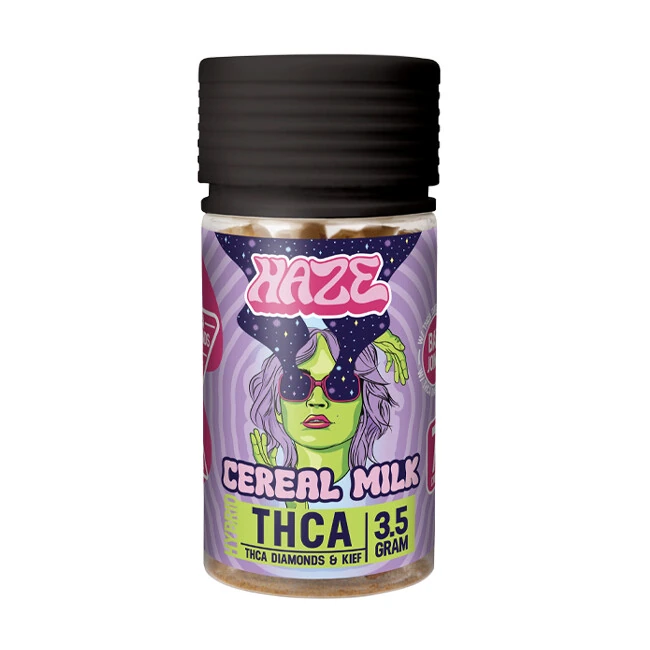
Purchase link: Cereal Milk Pre-Roll
Next, I tried the Cereal Milk pre-roll. I’m not going to lie, the name made me curious—who doesn’t want to experience a little “milk from cereal” vibe? This one was definitely a bit bolder than the blueberry muffin. The flavor had a creamy, almost milky sweetness with earthy undertones, which made it feel like I was indulging in a treat. The high was uplifting, not too intense, but I definitely felt more giggly and relaxed. I really enjoyed this one, but I do wish the flavor was just a tad stronger.
Haze Pre-Roll Maui Wowie
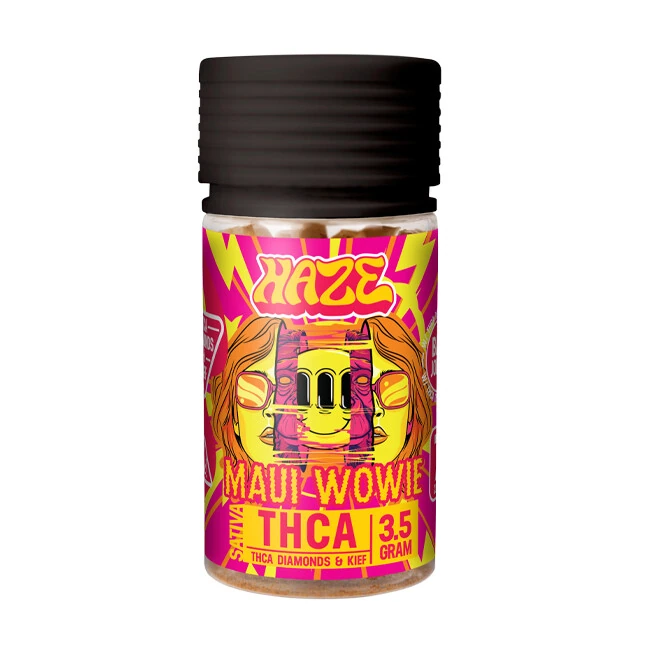
Purchase link: Maui Wowie Pre-Roll
The Maui Wowie pre-roll was up next, and I was excited because I’ve heard great things about this strain. The taste was tropical and fruity, exactly what you’d expect from a Maui Wowie. It had a sweet, citrusy punch that was super refreshing. As for the effects, it gave me a nice balance of euphoria and focus—perfect for getting creative or tackling some tasks around the house. It didn’t leave me feeling too spacey, which I appreciated. My only gripe here is that the burn wasn’t as even as I would’ve liked, but it didn’t affect the overall experience too much.
Meditation Blend Live Resin Disposable Vape – Hawaiian Haze
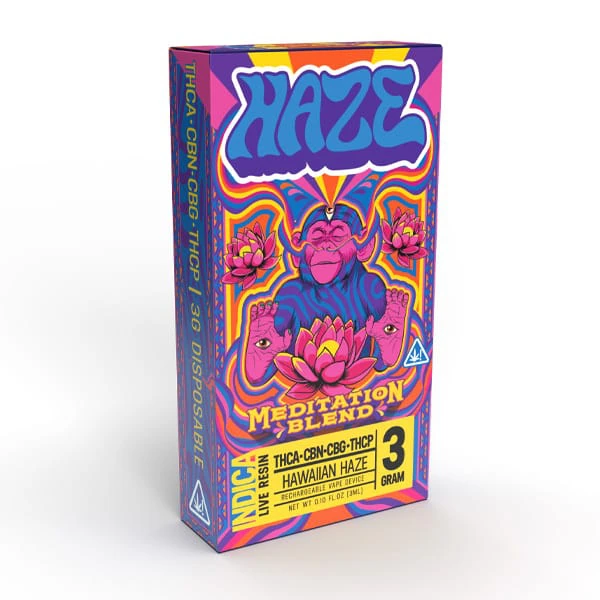
Purchase link: Hawaiian Haze Disposable Vape
Now, onto the Hawaiian Haze live resin disposable vape. I have to say, this was my favorite product in the bunch. The flavor was absolutely amazing—tropical, fresh, and just the right amount of sweetness. It hit smoothly with every puff, and the high was calming yet uplifting. Perfect for relaxing without feeling totally knocked out. I also loved the convenience of the disposable vape; it’s super easy to use and perfect for on-the-go. The only downside I can think of is that the vape was a bit on the pricier side, but the quality definitely justifies the cost.
Haze Brain Stew Delta 9 Gummies – Hybrid
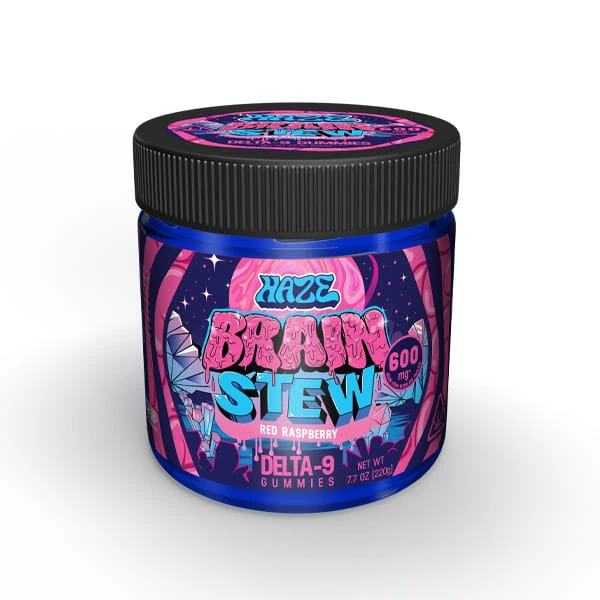
Purchase link: Brain Stew Gummies
Last but not least, I tried the Brain Stew Delta 9 gummies. These little guys were a fun addition to my THC collection. The taste was fruity and delicious, and I love how the gummies are just the right size—not too big, not too small. The effects were great: a nice hybrid buzz that gave me a mix of relaxation and a little heady euphoria. Perfect for kicking back, watching a movie, or enjoying a chill evening with friends. One thing I didn’t love was that it took a bit longer for the gummies to kick in compared to other edibles I’ve tried, but that’s just the nature of edibles. Overall, though, I really enjoyed them!
Final Thoughts
If you’re into pre-rolls, Cereal Milk and Maui Wowie were my personal favorites, with Maui Wowie edging out the rest due to its balanced high and delightful flavor. The Blueberry Muffin was fun, but I could’ve used a stronger blueberry punch. As for the vape, the Hawaiian Haze live resin was hands down the winner—super smooth, tropical, and the perfect calming high. And the Brain Stew Gummies are definitely worth trying if you’re into edibles. They’re tasty and provide a solid hybrid buzz.
What is the difference between THC and CBD?
THC (tetrahydrocannabinol) is the psychoactive compound found in cannabis that gives users a “high.” CBD (cannabidiol), on the other hand, is non-psychoactive and is primarily used for its potential therapeutic effects, like reducing anxiety, pain, and inflammation. While both come from the cannabis plant, they serve different purposes and offer unique benefits.
Can THC or CBD make you feel high?
THC is the compound responsible for the feeling of being “high” in users, while CBD does not cause this effect. CBD is often used by those seeking relief from conditions like anxiety, chronic pain, or inflammation without the mind-altering effects of THC.
Are THC and CBD legal?
The legality of THC and CBD products depends on your location. In many places, CBD derived from hemp (with less than 0.3% THC) is legal, while THC remains regulated and legal only in certain states or countries for medicinal or recreational use.
What are the health benefits of CBD?
CBD is commonly used to help manage conditions such as anxiety, chronic pain, sleep disturbances, and inflammation. While research is still ongoing, many users report therapeutic effects from CBD products, including relief from stress and improved sleep.
Is THC safe to use?
THC is generally safe for most people when used responsibly, but it can have side effects, including impaired motor skills, memory, and coordination. It may also cause anxiety in some users, especially at higher doses. It’s essential to know your limits and follow legal guidelines.
How do THC and CBD affect sleep?
CBD is often used as a natural remedy for sleep disturbances due to its calming and relaxing effects. THC, while also promoting relaxation, can sometimes disrupt sleep, especially if taken in higher doses, as it can interfere with sleep cycles.
Can I take THC and CBD together?
Yes, THC and CBD can be taken together, and many products combine both compounds. CBD can help counteract some of the anxiety or paranoia that THC may cause. This combination may be beneficial for those seeking the therapeutic effects of both compounds without excessive psychoactive effects.
What types of products contain THC or CBD?
THC and CBD can be found in a variety of products, including oils, tinctures, edibles, vapes, creams, capsules, and more. Whether you are looking for a topical solution for localized pain or an edible for internal relief, there are many options to choose from.
Are CBD products safe to use?
CBD products are generally considered safe for most people, with few side effects. However, some individuals may experience mild side effects like fatigue, dry mouth, or changes in appetite. It’s essential to start with a low dose and consult a healthcare professional, especially if you’re taking other medications.
How do I choose the right THC or CBD product?
Choosing the right THC or CBD product depends on your needs. If you’re looking for therapeutic benefits without the “high,” CBD may be the right choice. If you want to experience the effects of THC, consider whether you need a mild or stronger dose. Always check product labels for THC content and consult with a healthcare professional for guidance.
- Comparing CBD Gummies vs. CBD + THC Gummies: Which Is Right for You? - December 20, 2024
- Benefits of THC Vaping: Health, Convenience, and Flavor - December 20, 2024
- ELF THC vs. Delta 9: Key Differences and Similarities - December 20, 2024
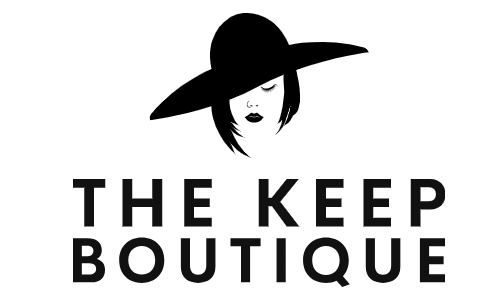
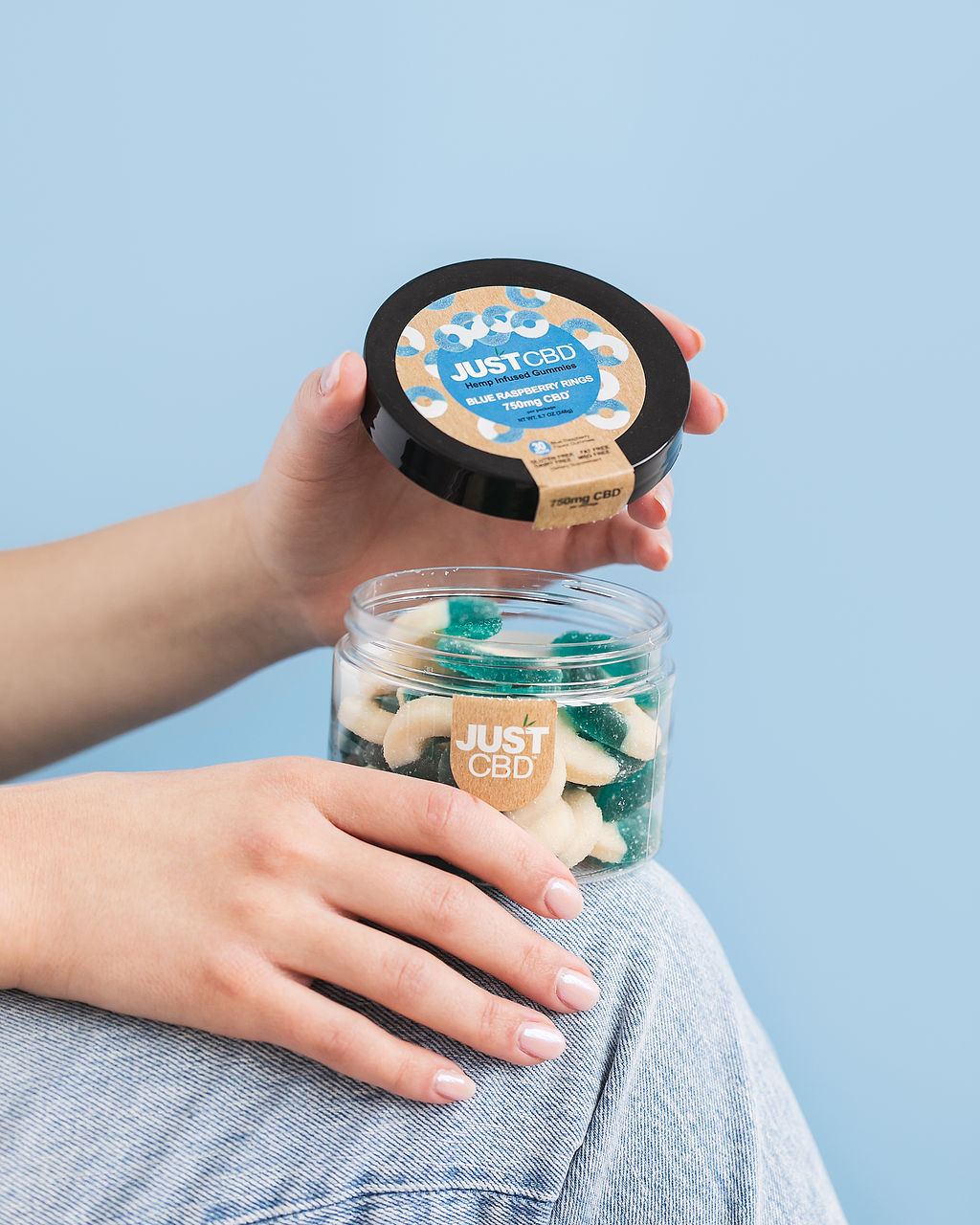
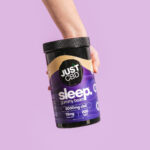
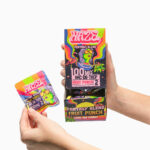

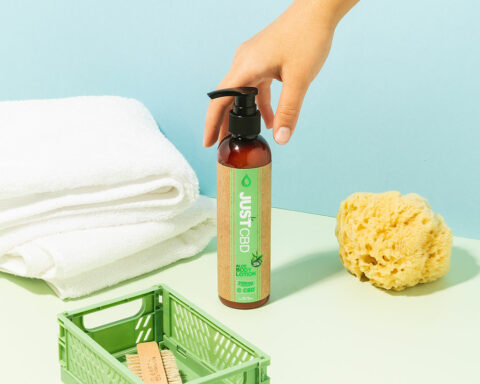
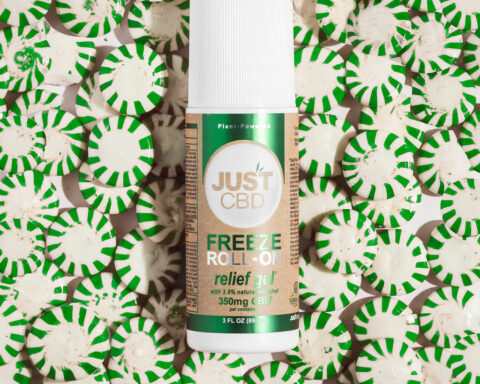
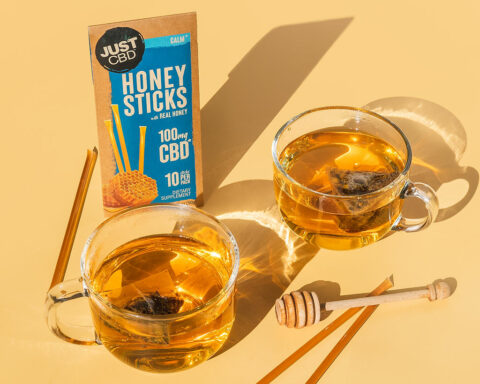
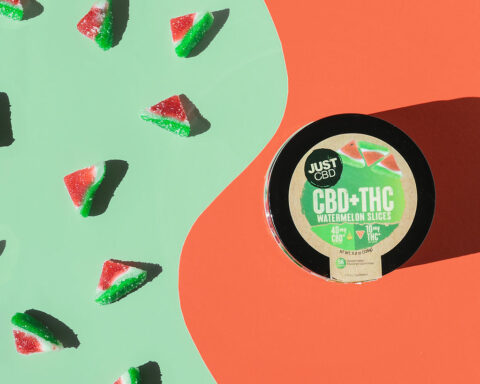
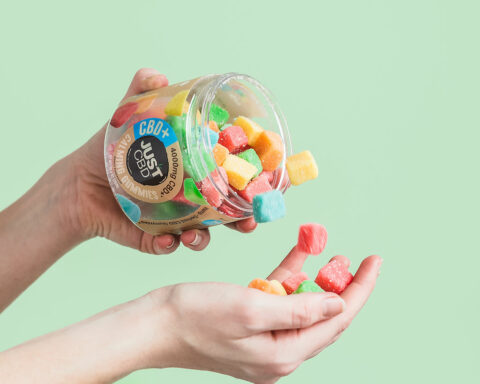
Follow Me